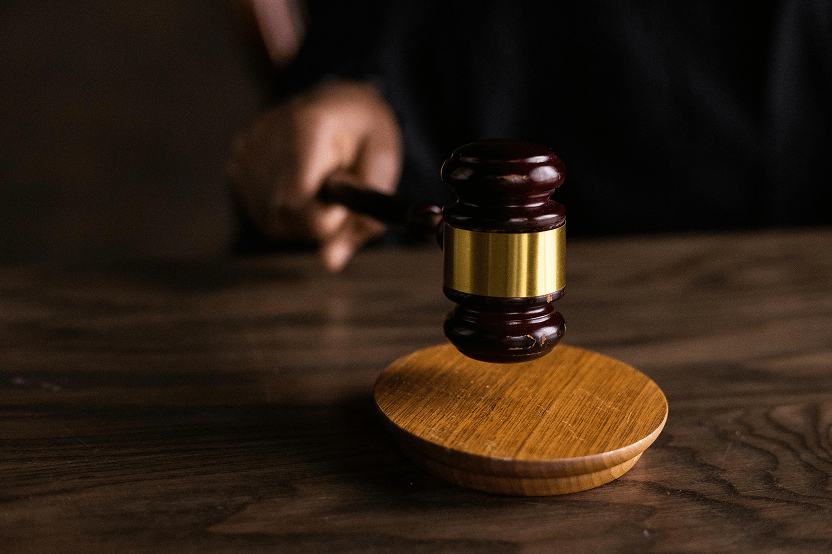Three seminal events form the bedrock and foundation of the evolution of Mediation.
The first event is the Pound Conference held in Minnesota, USA (1976) where in Professor Sander of Harvard Law School proposed Alternative forms of Dispute Resolution systems such as Negotiation, Arbitration and Mediation to reduce the reliance on conventional litigation and to overcome the reluctance to use other forms of Dispute Resolution.
The second event is the United Nations Convention on International Settlement Agreements resulting from Mediation, also informally called the Singapore Convention on Mediation, as the convention was held in Singapore. This treaty was signed by 52 countries in August 2019 and came into force on September 12, 2020. With this convention Mediation gets equal stature and recognition as do other forms of Alternate Dispute Resolution for the first time across the world.
The third event is the present situation of uncertainty because of COVID and the associate potential for conflict. These result in the need for peaceful resolution of conflict. Mediation answers that requirement too.
However, the scope of the Singapore Convention is limited to Commercial International Settlement Agreements resulting from Mediation where:
- At least two parties to the settlement agreement have their place of business in separate States.
- The States in which the parties to the settlement agreement have their places of business are different from either: –
- The State in which substantial part of obligations under the settlement is performed.
- The State with which the subject matter of the settlement agreement is most intricately connected.
The Singapore Convention does NOT apply to: –
- Mediation relating either to consumer transactions or to family inheritance or Employment law.
- Settlement agreements: –
- That have been approved by a Court or concluded while proceeding before a Court; and
- That are enforceable as a judgment in the State of that Court.
- Settlement agreements that have been recorded and are enforceable as an Arbitral Award.
Despite these limitations, the Singapore Convention on Mediation (2019) is significant because with this jump up, Mediation gets greater credence, significance, recognition and equal stature as do other forms of Alternate Dispute Resolution as never before.
Earlier on, the New York Convention (also called UNCITRAL or the United Nations Conference on International Commercial Arbitration) held in 1958 recognized the enforcement of Foreign Arbitral Award; Similarly, the Hague Convention held in 1971 gave recognition to the enforcement of Foreign Judgments in Civil and Commercial Matters entered by one nation’s legal authorities in other signatory nations.
With greater awareness of Mediation as a peaceful method for resolving conflicts with its emphasis on sharing and win-win for both parties, ‘Mediation can be a fore runner in Alternate Dispute Resolution in many if not all areas of conflict-including conflicts in the domestic arena as well!’ It is just a matter of time!!!!
A start has already been made!!!!
It is just a matter of time!!!!
With this we start our journey in Mediation!!!!





































